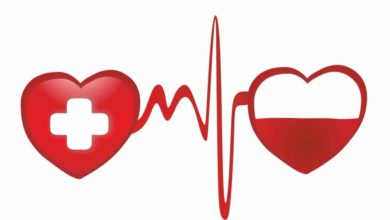By: Dr. Avani Rao, MedSchoolCoach Master Advisor
The pre-clinical years occur during year one and, in most programs, year two of medical school. The emphasis is primarily on the basic sciences relevant to understanding clinical medicine, anatomy and physiology, and learning about both normal and abnormal processes that occur within organ systems. These years set the foundation for understanding and success during the remainder of medical training. For most, this will be the only time in your career you will have dedicated time to learn the basic fundamentals. Below are a few pearls to keep in mind while navigating the pre-clinical years.
- Keep up with the material: Much of the principles and information build on each other. Try to do your best to stay on top of the material. This may mean that for some blocks, you will end up studying a few hours every day, including weekends, to consolidate all the information.
- Even if it the classes are pass/fail, work hard to learn the material: Many programs have transitioned to pass or fail grading for the pre-clinical years. Don’t let this fool you – it still requires a great deal of effort to pass and an even greater amount of effort to become proficient and comfortable with the material. Do your best to learn the material as opposed to just memorizing prior to tests. Much of this information will be tested on the USMLE Step 1 test, which you will take at the end of your pre-clinical years.
- Use outside resources to help supplement learning the material: Sometimes the lectures are not comprehensive enough or do not teach you everything you may need to know – this can be lecture and professor dependent. There are ample of subject-based additional resources that companies have prepared for use in prepping for Step 1, that can be used early during your pre-clinical years to help supplement your courses.
- Ask questions and gain clarity: Most schools have supplemental small groups associated with each section. Use these sessions to ask questions and clarify any confusing points. Again, rather than solely memorizing, fully understanding the material will help you do well on the upcoming exam and Step 1.
- Remember that most of the subjects covered during the preclinical years will reappear on the USMLE Step 1 exam: Step 1 is a 7 hour test taken at the end of pre-clinical years of medical school. It is many times a differentiating factor for applicants applying to residency, and can determine what and where you apply into based on your score. Although the purpose of medical school, and subsequently residency, is to become a competent physician and provide great care to patients, there are several checkpoints along the way. USMLE 1 is one of the biggest. Keep this in mind as you are going through the courses to help frame your studying and consider using materials that are already prepared for USMLE 1 prep (question banks, review books) while learning the material the first time around.
- Develop a learning style that works for you and stick with it: Ultimately success is dependent on figuring out how best you learn. Most students have been successful with a specific learning strategy – that is why and how you were able to get into medical school. Fine tune that strategy and implement it while studying in medical schools. Your honed techniques will get you through your pre-clinical years and the remainder of your medical training!



